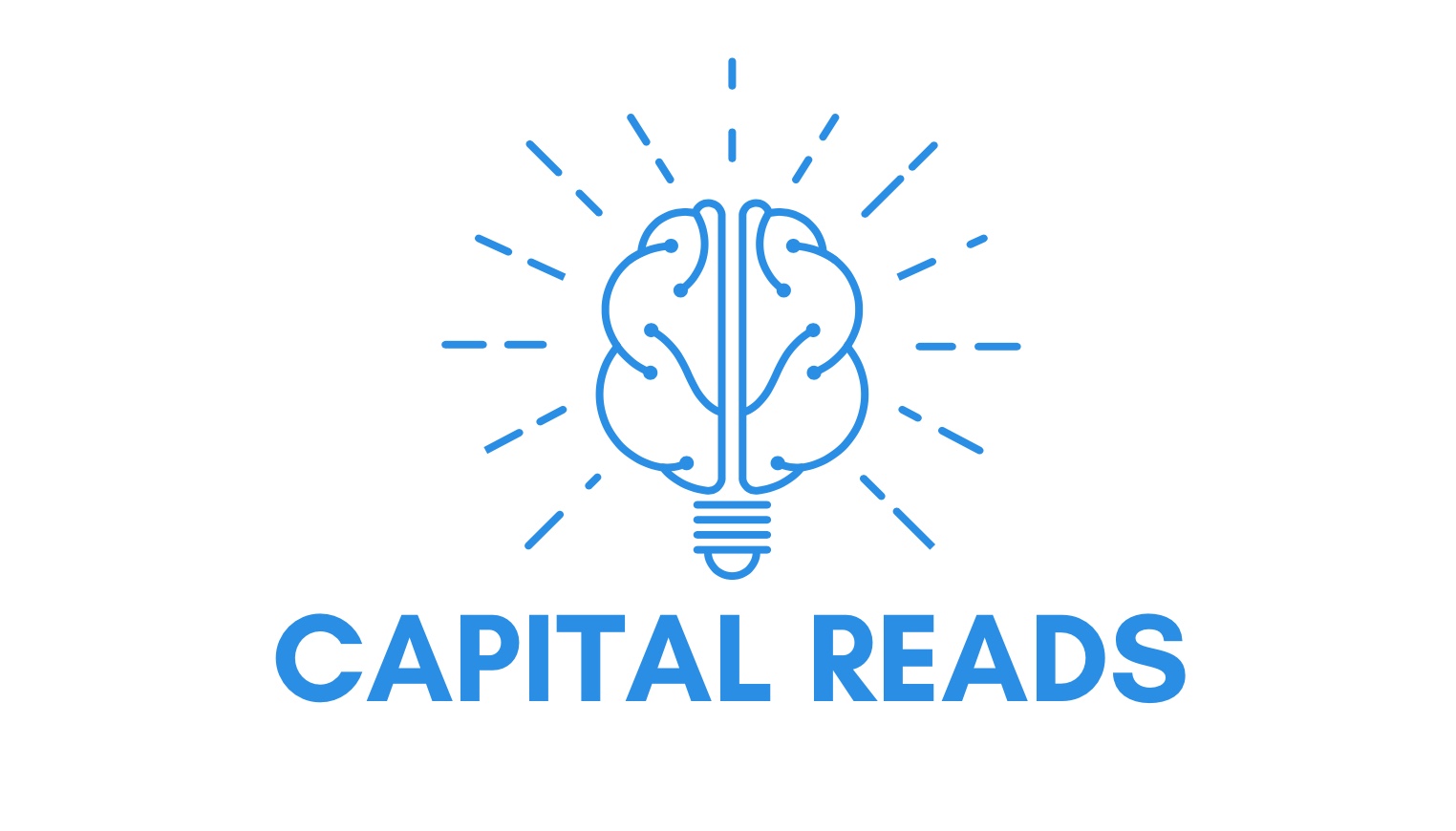Antifragile
Hightlight
-
 Ethics
Ethics
-
 Philosophy
Philosophy
-
 Psychology
Psychology
-
 Strategy & Tactics
Strategy & Tactics
Antifragile: Things That Gain from Disorder
Author
Nassim Nicholas Taleb
Published Date
2012
Page Count
544
Overview
“Antifragile: Things That Gain from Disorder” by Nassim Nicholas Taleb is a philosophical and practical exploration of how certain systems, including economic and biological ones, not only withstand chaos and uncertainty but actually thrive in it. Taleb introduces the concept of “antifragility,” which goes beyond resilience or robustness, referring to things that improve when exposed to volatility, randomness, and stressors. The book spans a wide range of disciplines, offering insights into risk management, economics, and life philosophy.
Key Themes
- Concept of Antifragility: Definition and exploration of the concept, distinguishing it from mere resilience.
- Role of Stressors and Disorder: How volatility and unpredictability can lead to growth and improvement in various systems.
- Critique of Modern Systems: Analysis of the fragility in modern economic, political, and social systems.
- Practical Applications: Application of antifragility in personal life, business, and decision-making.
Historical Context
Written in the aftermath of the 2008 financial crisis, “Antifragile” addresses the vulnerabilities exposed in global economic systems and offers a framework for thinking about uncertainty and risk in a more constructive way.
Author’s Background
Nassim Nicholas Taleb is a former options trader turned scholar who has focused on problems of randomness, probability, and uncertainty. His unique perspective is shaped by his experience in the financial world and his academic pursuits.
Impact and Legacy
“Antifragile” has been influential in its novel approach to understanding and dealing with uncertainty and chaos, impacting fields as diverse as economics, business strategy, and personal development.
Strengths and Weaknesses
Strengths: The book offers a revolutionary perspective on dealing with uncertainty, backed by a combination of empirical observations and philosophical analysis. Weaknesses: Some readers may find Taleb’s writing style and tone challenging, and his critiques sometimes sweeping and controversial.
Who Should Read This?
Ideal for readers interested in economics, finance, risk management, and philosophy, especially those looking for new ways to think about and manage uncertainty in various aspects of life.
Similar Books
- “The Black Swan: The Impact of the Highly Improbable” by Nassim Nicholas Taleb: Taleb’s earlier work introducing the concept of “Black Swan” events.
- “Thinking, Fast and Slow” by Daniel Kahneman: A book that delves into the dichotomy of two modes of thought and how they affect our decision-making.
Final Thoughts
“Antifragile: Things That Gain from Disorder” challenges conventional wisdom, offering a groundbreaking perspective on how to prosper in a world full of uncertainty and change.

